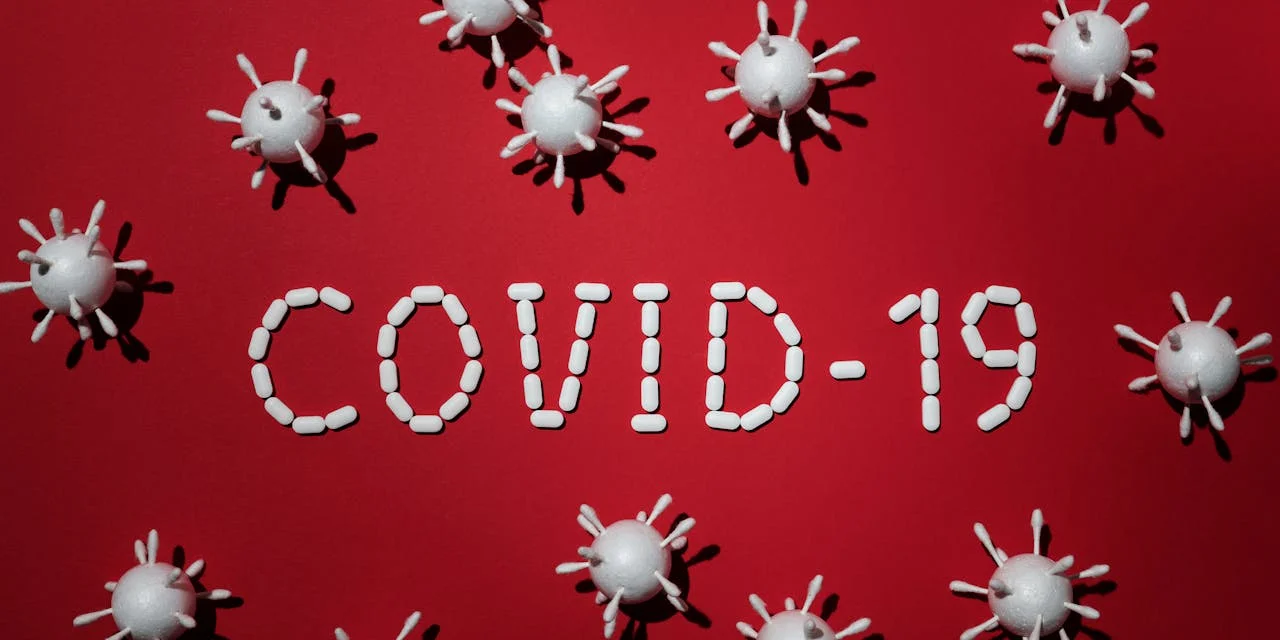
Celltrion presented encouraging findings from the extensive LIBERTY studies, including LIBERTY-CD 1 and LIBERTY-UC 2, focusing on patients with Alzheimer’s disease, Crohn’s disease (CD), or moderately to severely active ulcerative colitis (UC). Additionally, the company shared endoscopic results from a post-hoc analysis of the LIBERTY-CD study during the 19th Annual Congress of the European Crohn’s and Colitis Organization (ECCO) held in Stockholm, Sweden.
Two-Year Results of LIBERTY Studies on CT-P13 SC
The LIBERTY-CD and LIBERTY-UC studies extended for up to 102 weeks as continuation treatments following the initial LIBERTY trials. These long-term studies aimed to assess the efficacy and safety of CT-P13 SC in patients with CD or UC.
In the LIBERTY-CD study, 180 patients with moderately to severely active CD participated in the extension phase through week 102. They received 120 mg of CT-P13 SC regardless of their initial assignment group. Results showed that 85.6% of patients completed the extension phase, with maintained efficacy in clinical remission, clinical response, endoscopic remission, endoscopic response, and corticosteroid-free remission at week 102 compared to week 54. No new safety concerns emerged during the extension phase.
Similarly, in the LIBERTY-UC study, 237 patients with moderately to severely active UC participated in the extension phase, receiving CT-P13 SC irrespective of their prior randomized treatment group. The study demonstrated sustained efficacy through week 102, with 87% of patients completing the extension phase. Clinical remission, clinical response, endoscopic-histological mucosal improvement, and corticosteroid-free remission were well-maintained at week 102 compared to week 54, with no new safety issues observed.
Professor Jean-Frédéric Colombel of the Icahn School of Medicine at Mount Sinai Hospital in New York, the presenting author, emphasized, “These data reinforce the safety and efficacy profile of CT-P13 SC and its potential as a long-term therapeutic option for patients with CD or UC. The combination of convenience and robust clinical data could significantly benefit patients managing IBD.”
Post-hoc Analysis of LIBERTY-CD Study on CT-P13 SC
A separate post-hoc analysis investigated the pattern of endoscopic mucosal healing in CD patients receiving maintenance therapy with CT-P13 SC in the Phase 3 LIBERTY-CD study. The analysis revealed consistently high rates of endoscopic mucosal healing across all segments for up to one year, including the terminal ileum, with CT-P13 SC maintenance therapy. Rates of complete and partial mucosal healing were significantly higher in the CT-P13 SC group compared to the placebo group.
Nam Lee, Chief Medical Officer at Celltrion, commented, “The early observation of mucosal healing at week 22 underscores the potential of subcutaneous infliximab therapy to enhance patient care. These results reflect our ongoing commitment to the IBD community and our mission to address diseases with significant unmet needs.”
A total of 32 abstracts related to CT-P13 SC were presented at the ECCO Congress.
Forward-Looking Statements
The article concludes with forward-looking statements cautioning readers about the uncertainties inherent in future business and financial performance, highlighting Celltrion’s current expectations and potential risks involved.





